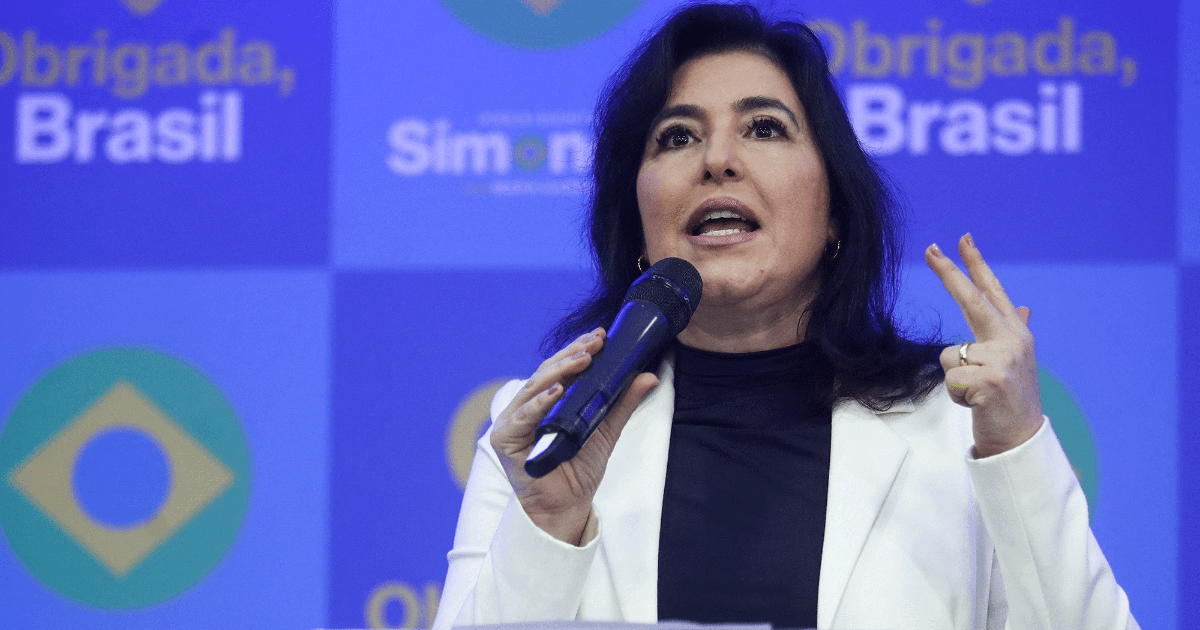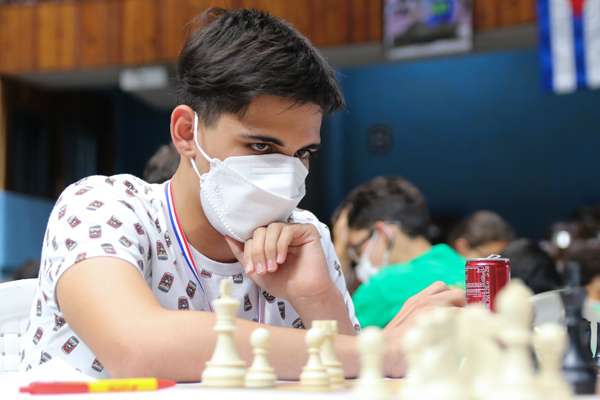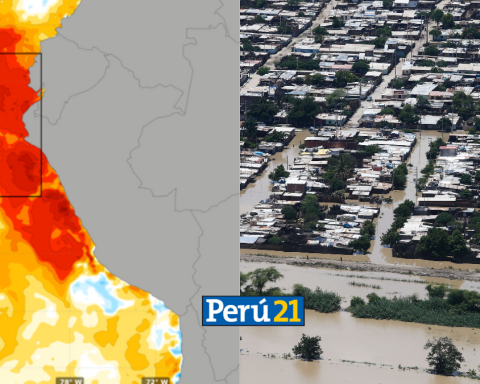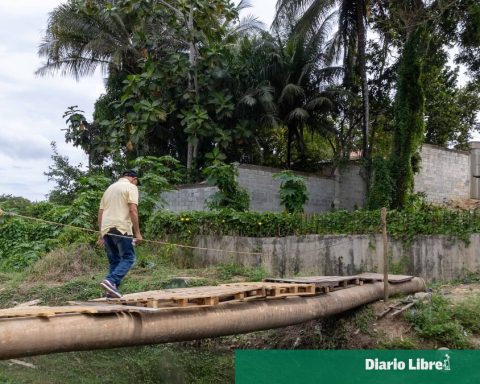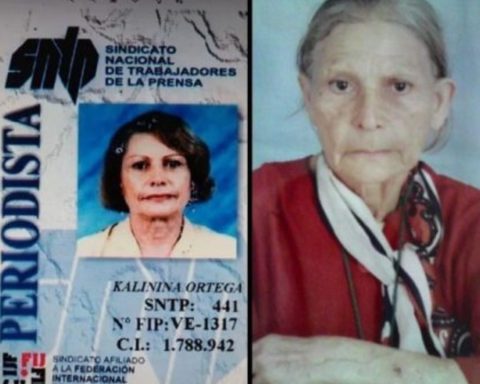The Brazilian senator Simone Tebbetthird in the presidential elections, declared this Wednesday his support for Luiz Inácio Lula da Silva for the October 30 ballotwhen the leftist will face the president Jair Bolsonaro.
“Although I maintain the criticisms I made of the candidate Lula da Silva (…), I will cast my vote for him, because I recognize his commitment to democracy and the Constitution, something that I am unaware of in the current president,” said Tebet, a senator for the centrist Brazilian Democratic Movement (MDB), at a press conference in São Paulo.
The ex-president Lula (2003-2010) won the first round on Sunday (48% of the vote) by a smaller margin than expected in the polls, five points above the far-right Bolsonaro (43%), scenario that left the dispute open and led the candidates to go out quickly to hunt for support in the first week of the campaign towards the ballot.
With 4.9 million votes (4%), the senator was one of the surprises of the election and snatched third place from the center-leftist Ciro Gomes (3%), who came fourth.
“I apologize to my friends and colleagues who implored for neutrality. What is at stake is much greater than each one of us,” justified Tebet, highly critical of Bolsonaro’s management: “Weapons took the place of books” , he added.
Lula, from workers party (PT), also received this Wednesday the support of former Brazilian President Fernando Henrique Cardoso (1995-2002), who in a tweet said that he will vote for him to honor “a history of struggle for democracy and social inclusion.”
Thank you for your vote and trust. Brazil needs dialogue and peace,” Lula responded to Cardoso’s tweet, who was his opponent for the Brazilian Social Democracy Party (PSDB) in the 1994 and 1998 elections.
Gomes, who disputed the first round with a harsh anti-Lulista speech, gave his support to Lula on Tuesday, in line with his party, but reluctantly.
“It’s the last way out,” said this 64-year-old political veteran, who was part of Lula’s cabinet between 2003 and 2006.
Bolsonaro, for his part, obtained the support of former judge Sergio Moro, who convicted Lula in the Lava Jato mega-cause, and of the re-elected governors of the populous states of Minas Gerais and Rio de Janeiro, among others.
kg
